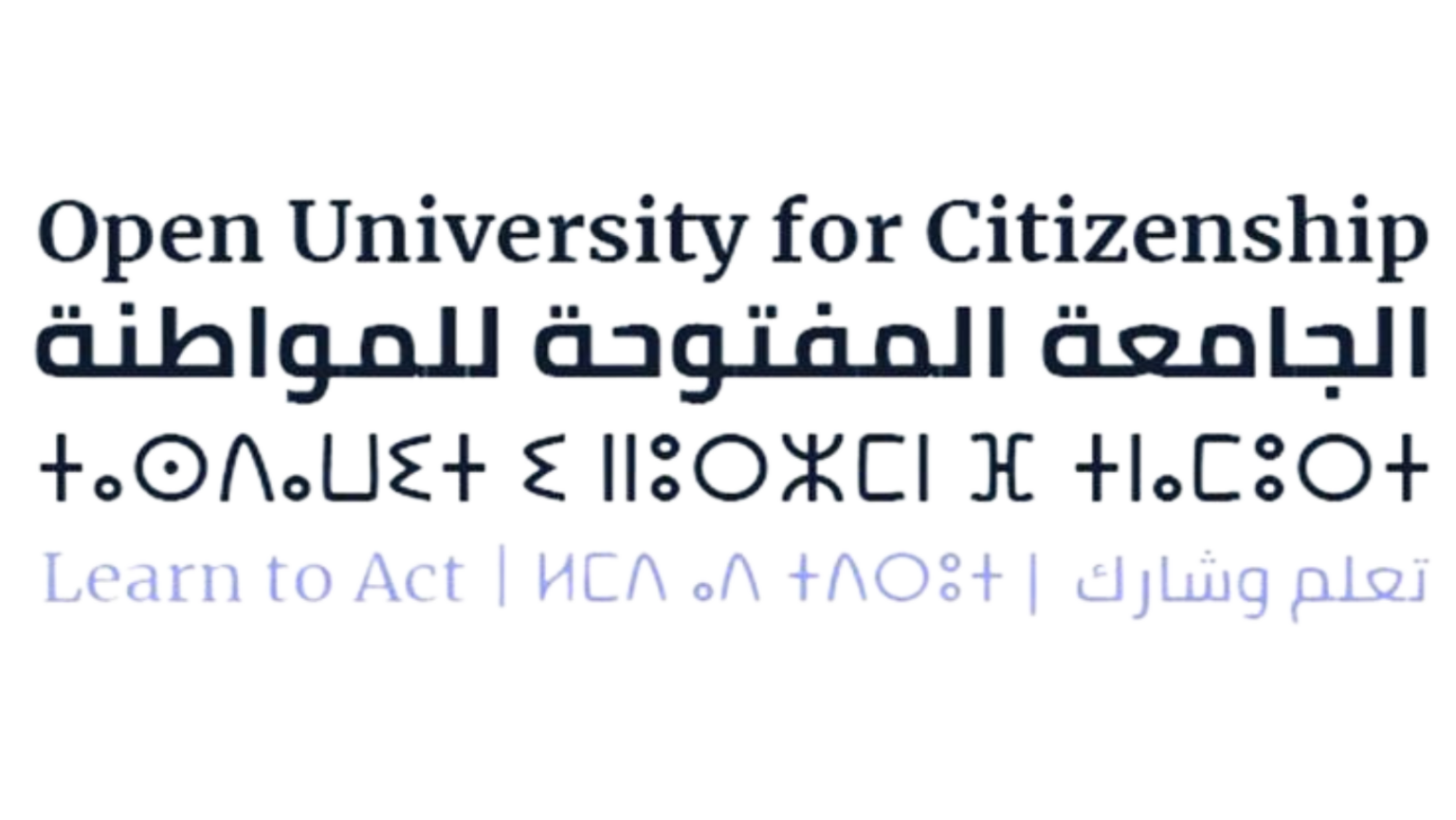1. The parliament of the Kingdom of Morocco welcomes the important visit of the African Parliament delegation, headed by His Excellency President Fortune Shariabara, to the Kingdom of Morocco in the period between 24 and 27 September 2022, at the invitation of the parliament of the Kingdom of Morocco.
2. On this occasion, the two parties valued the return of the African Parliament to complete its job duties fully led by the new office in June 2022. The two parties also stressed the importance of working jointly to support the invitation of the speaker of the African Parliament to reunify its ranks. And they re -emphars their commitment to work together to ensure the African Parliament restored its position amid the continental administrative structure by contributing positively to the lives of the citizens of African countries.
3. The African Parliament also praised, on this occasion, for the approval of the Kingdom of Morocco on the Constituent Protocol of the African Union related to the African Parliament, also known as the Malapo protocol. The two parties agreed on the importance of continuing to mobilize African countries to mobilize support in order to ratify the Malabu Protocol.
4. The two parties also praised the successful organization of the eleventh conference of the heads of African and continental African parliaments, held in a daily daily and 2 September 2022, with the participation of the parliament of the Kingdom of Morocco and its positive contribution to enhancing the process of coordinating and harmonizing the parliamentary work and pleading.
5. The two parties decided to support the vision of the new office of the African Parliament, headed by Mr. Fortune Schumarra, to revive, renew, focus, and stimulate the continental parliament, especially at a time when the African continent faces several challenges such as poverty, increased unemployment, change in an unconstaling way for governments, and lack of control In resources, renewable conflicts, violence, women and youth status, in addition to the stalled economic development as a result of the Cofide-19 crisis.
6. The two parties also agreed to support policies, programs, goals and activities of the African Parliament in this regard, which aims to download its powers related to the defense of unity, inclusive and sustainable development, peace, stability, democracy, respect for human rights, and good governance of the African continent, and that In order to achieve a better future for Africa, based on pluralism and renaissance, in the service of the aspirations of our joint continent in the field of development and prosperity.
7. The two parties also agreed to continue to defend peace and security on the continent, for their pivotal role in achieving progress and development for the benefit of their people. They also welcomed the appeal of the African Parliament for its role in performing its tasks to monitor the elections, an integral part of representative democracy.
8. The two parties noted the consensus of their views on the necessity of supporting the decisions of the African Union and adhering to them in this regard, while continuing to strengthen the role of the specialized structures in the matter, and taking into account the relevant powers of the African Parliament. The two parties also stressed the need to constantly involve young people in development initiatives for the purpose of facing continental challenges.
9. The two parties agreed to hold periodic consultations regarding the institutional renewal path of the African Parliament based on the values of the African Union, which is represented in justice, integration, and unity, and within the framework of consolidating the principle of rotation and circulation regarding the presidency of the various parliament structures, including the positions of the president and its deputies, and continental groups, Permanent committees, in addition to achieving a continental balance in the employment of administrative frameworks.

A joint statement issued by the parliament of the Kingdom of Morocco and the African Parliament
- MIPA
- September 28, 2022
- 6:08 am


